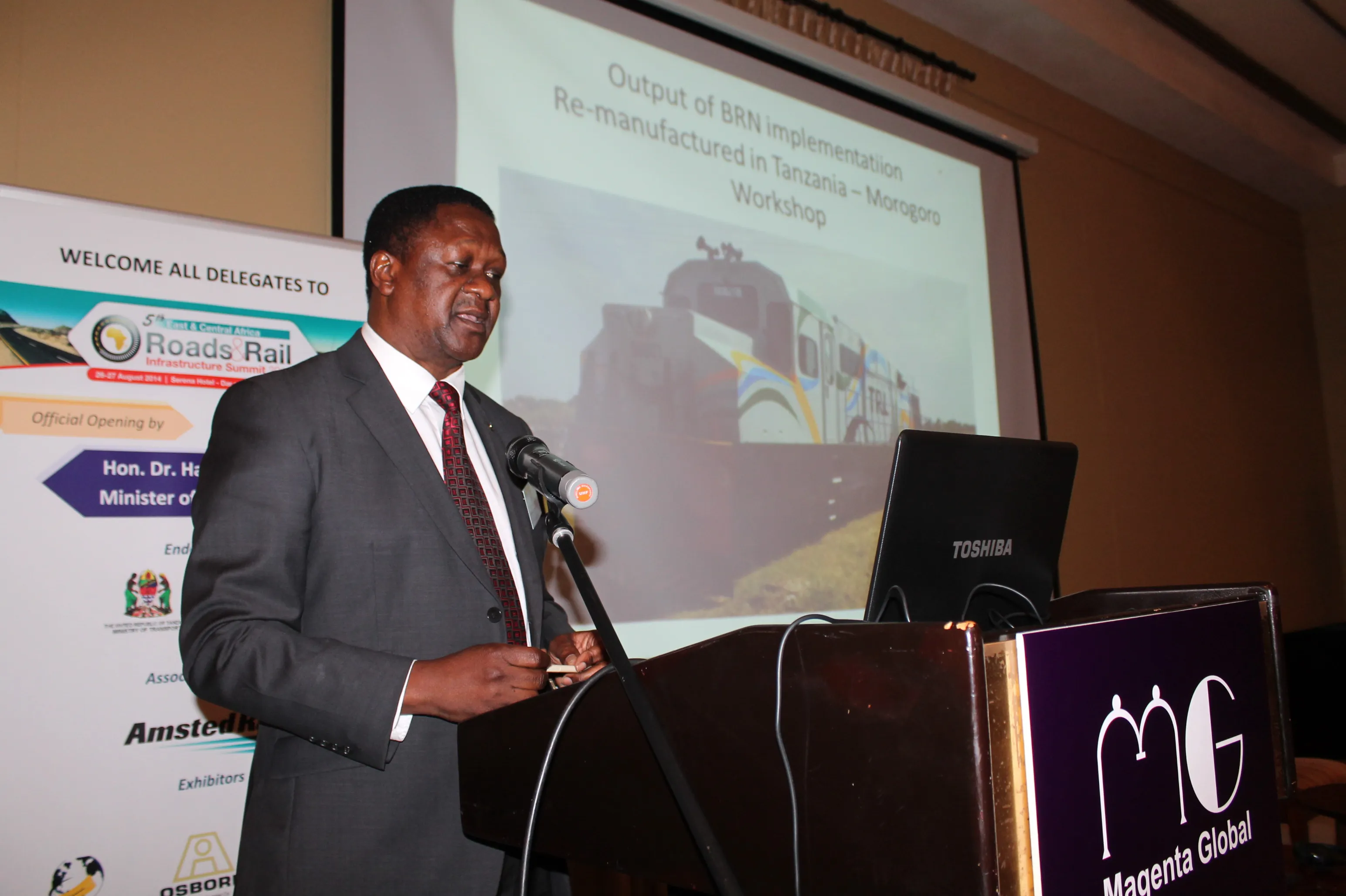
The Rolls-Royce business unit Power Systems has increased its revenue and profit in 2019. The firm says that its revenue saw growth and reached €4.04 billion for the 2019 financial year.
The firm says that the Power Systems division overcame difficult market conditions in 2019 to deliver the strong full-year result. Revenue increased by 4%, topping €4 billion for the first time.
Operating profit grew by 15% to €407 million, corresponding to an adjusted return on sales of 10.1% and an increase from 9.2% for 2018. Now generating 23% of overall revenue at British technology group Rolls-Royce, Power Systems remains the firm’s second largest business unit.
“What stands out is that we have once again managed to strengthen the position of our MTU-brand products and solutions on a deteriorating market. That gives us a solid basis for further enhancing our profile as a provider of climate- and eco-friendly integrated drive and energy solutions. With them, we’re not only accelerating the energy turnaround, but consistently implementing our PS 2030 vision,” said Andreas Schell, CEO of Rolls-Royce Power Systems.
Revenue from service activities and products increased by 4% across all segments, contributing some 33% of total revenue in the business unit. “All our financial figures point to a healthy business unit that has achieved profitable growth for three years in a row. With adjusted revenue passing the €4 billion mark for the first time and the competitive edge we’ve gained, we can safely say that 2019 was a very good year for the business,” summed up CFO Louise Öfverström.
The order book was €3.44 billion at the end of 2019, just 5.6% below last year’s level. Among the drivers were major contracts sealed in the Far East, where Power Systems has entered into new markets.
In 2020, growth of the Power Systems business unit is expected to be on the moderate side. The faltering economic conditions that defined the second half of 2019 will continue to be felt in the first half of this year and may still deteriorate – largely due to the consequences of the Covid-19 disease. Economic recovery in the second half of the year is still a possibility, however. “But achieving the business outcomes we want in 2020 is going to be a big challenge,” concluded Öfverström.









